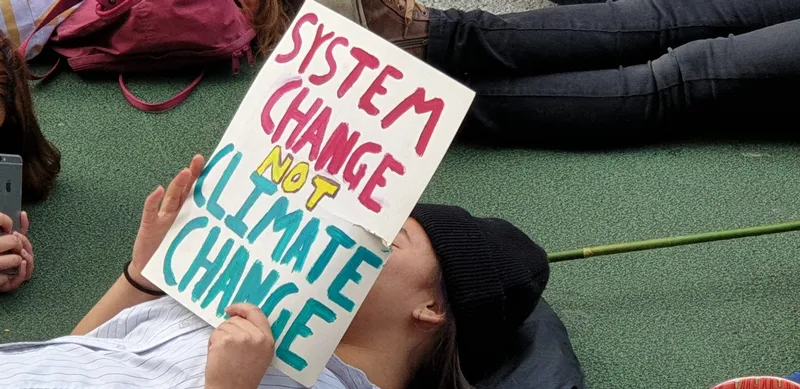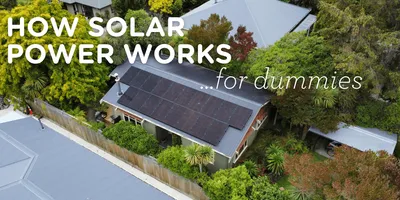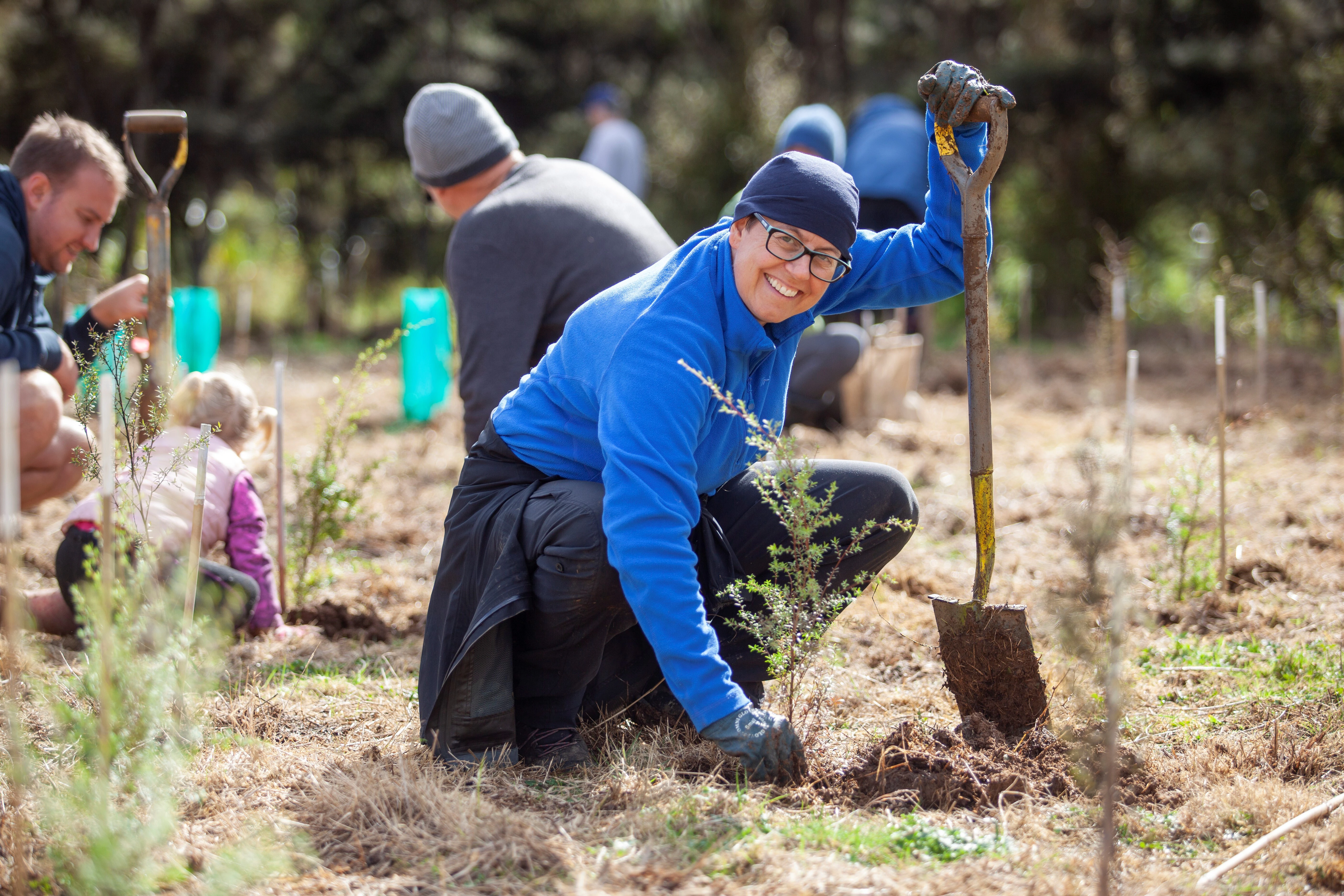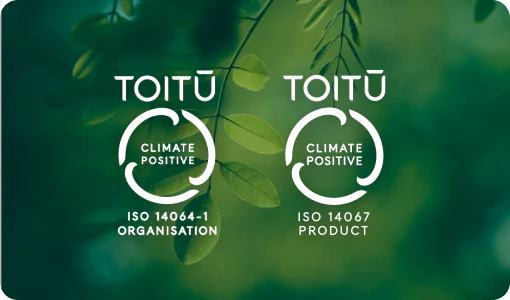New Zealand – are we doing enough about climate change?
17/06/2019

On March 15th – a day overshadowed by the tragic Christchurch shooting – thousands of young people are New Zealand and across the world gathered to demand action on climate change.
“Obviously we can’t vote yet so we don’t get a direct say in that sense, so it’s a good way of showing our support for policies we would like enacted and showing what matters to us as a generation,” said Freya, 15. Freya and her fellow youth are the generation who will be most impacted by the policies – good and bad – we enact now around climate change.
These youth feel a particular sense of urgency because they can see the numbers written on the wall – according to the Ministry for the Environment, by the end of this century, New Zealand is likely to experience higher temperatures that will cause dramatic changes to ecosystems, agriculture, and horticulture, rising sea levels that could impact hundreds of thousands of homes and businesses, more frequent extreme weather events (draughts, floods, cyclones, etc), and increased rainfall.
These changes will put a strain on our electrical grid as more people run air conditioning or heating, as well as our infrastructure as our current systems struggle to cope with increased rainfall and drainage. Temperature changes can have knock-on effects in our fragile ecosystems, including the emergence of new diseases and pests, extinction and endangerment of native species as their habitats are destroyed, and issues with agriculture and horticulture that could lead to food shortages. All that impacts our economy, well being, and ability to live our lives.
If that sounds pretty concerning, it’s because it is. What’s been done at a national level in order to lessen the impacts of climate change and prepare for a future that could look very different?
The climate change programme – a framework agreed by government to drive our climate change policy and support of commitments under the Paris Agreement. This includes a target to reduce emissions by 11% by 1990 levels by 2030.
The zero carbon bill – a commitment by Government to reduce our emissions to zero by 2050.
The Transition Hub – a body to provide advice to Government on how New Zealand will function in a low-emissions economy.
NZ Emissions Trading Scheme – a key policy tool for reducing emissions.
Dairy Action for Climate Change – alongside other key groups, this is an effort to reduce methane and nitrous oxide emissions from agriculture, which make up 50% of New Zealand’s total emissions.
Investing in climate change action, and driving innovation.
There’s plenty happening, but it’s all early stages. Already, we’re seeing the impacts of climate change from decisions and policies we had 50, 25, or even 10 years ago. Our ability as a country to adapt to future climate change is dependent on how well the rest of the world does meeting the goals of the Paris Agreement.
As an individual, what can you do to help:
- Understand climate change and what’s likely to impact your area. Be prepared and think ahead to protect your family and investments.
- If you’re building or renovating your home, make energy efficiency and sustainability a key part of the design.
- Put your money where your mouth is! Make smart purchasing decisions that help offset climate change effects.
- Drive and fly less. Look for alternative modes of transport or ways of getting your work done.
- Reduce electricity use and support renewable energy through Ecotricity.
- Eat less meat and try to eat fresh, locally-sourced food that hasn’t been transported for long distances.
- Reduce, reuse, and recycle every chance you get.
- Plant trees to help improve our carbon sinks.
- Start initiatives in your local community. See some examples.
- Put pressure on your local and national governments to create a sustainable future.
- See the Ministry for the Environment website for more ideas.
Do you think New Zealand is doing enough to help manage and prepare for climate change? What can you do to make a difference today?







